$SPY $USD $BTC
#Trump #GlobalSouth #Politics #Geopolitics #USD #Crypto #Trade #Economy #StockMarket #InternationalRelations #RulesBasedOrder #Investing
The global south’s perception of former U.S. President Donald Trump often rests on simplistic notions—some viewing him as a disruptor challenging a flawed global system, while others see him as an embodiment of the West’s worst excesses. However, this characterization overlooks the broader implications of his policies for global trade, financial markets, and international governance structures. Trump’s “America First” doctrine, for instance, was less about isolationism and more about redefining power dynamics to favor the U.S. in a rules-based global order. This has significant ramifications that extend far beyond political rhetoric and into the arenas of investment and trade policies, leaving markets to grapple with heightened uncertainty as protectionist policies reshaped global supply chains. Under his administration, tariffs and renegotiated trade deals like the USMCA (the revised NAFTA) remade the landscape for international business. The rising costs of doing business globally were reflected almost instantaneously in market indices such as $SPY, with increased investor caution around sectors reliant on international trade.
A world without a steady enforcement of rules often operates to the detriment of weaker states, particularly in the global south. Trump’s policies arguably illuminated this imbalance, as they underscored the supremacy of great powers in setting the terms of engagement. Economically fragile countries reliant on exports to the U.S. found themselves at the mercy of escalating tariffs and shifting priorities. The strengthening of the U.S. dollar ($USD) during his presidency added to these nations’ woes, as it made debt repayment more expensive for those holding dollar-denominated obligations. Simultaneously, the narrative of unpredictability on the global stage contributed to an increased interest in decentralized assets like cryptocurrencies. Bitcoin ($BTC), for example, saw its adoption rise across developing nations during this era, in part due to its perceived immunity from central bank controls. This reflects an emerging trend where markets are increasingly influenced by political uncertainty, fueling demand for alternative financial instruments.
Yet, the debate on rules cannot solely focus on Trump’s tenure without addressing the broader failures in globalization that made his policies appealing to parts of the global electorate. While critics lamented his disregard for established conventions, proponents argued that those same norms disproportionately benefited a few at the expense of many. For instance, large multinational corporations, often heralded as champions of globalization, temporarily saw a reprieve under Trump’s corporate tax cuts, but these benefits were concentrated. Meanwhile, the long-term instability introduced into emerging markets posed significant challenges for global portfolios. Institutional investors faced complex risk-reward calculations as they reconsidered exposure to assets linked to nations more vulnerable to geopolitical maneuvers. The aftershocks continue, as financial markets remain vigilant for similar protectionist trends in global leadership, requiring nimble strategies from portfolio managers.
In the larger picture, Trump’s legacy is a reminder that sustainable economic systems thrive under predictable, fair, and enforceable rules. When governance fails to strike this balance, it sets off ripple effects ranging from international trade disputes to volatility in financial markets worldwide. The global south, often excluded from shaping these rules, tends to bear the brunt of systemic fracture, with its markets suffering from reduced investor confidence. For retail and institutional investors alike, understanding these dynamics is key to navigating a complex future. Whether through equities like $SPY, the currency strength of $USD, or alternative assets like $BTC, markets continuously measure and respond to signals of regulation—or its absence. The lesson for global investors is clear: political uncertainty doesn’t operate in isolation but echoes throughout financial systems.
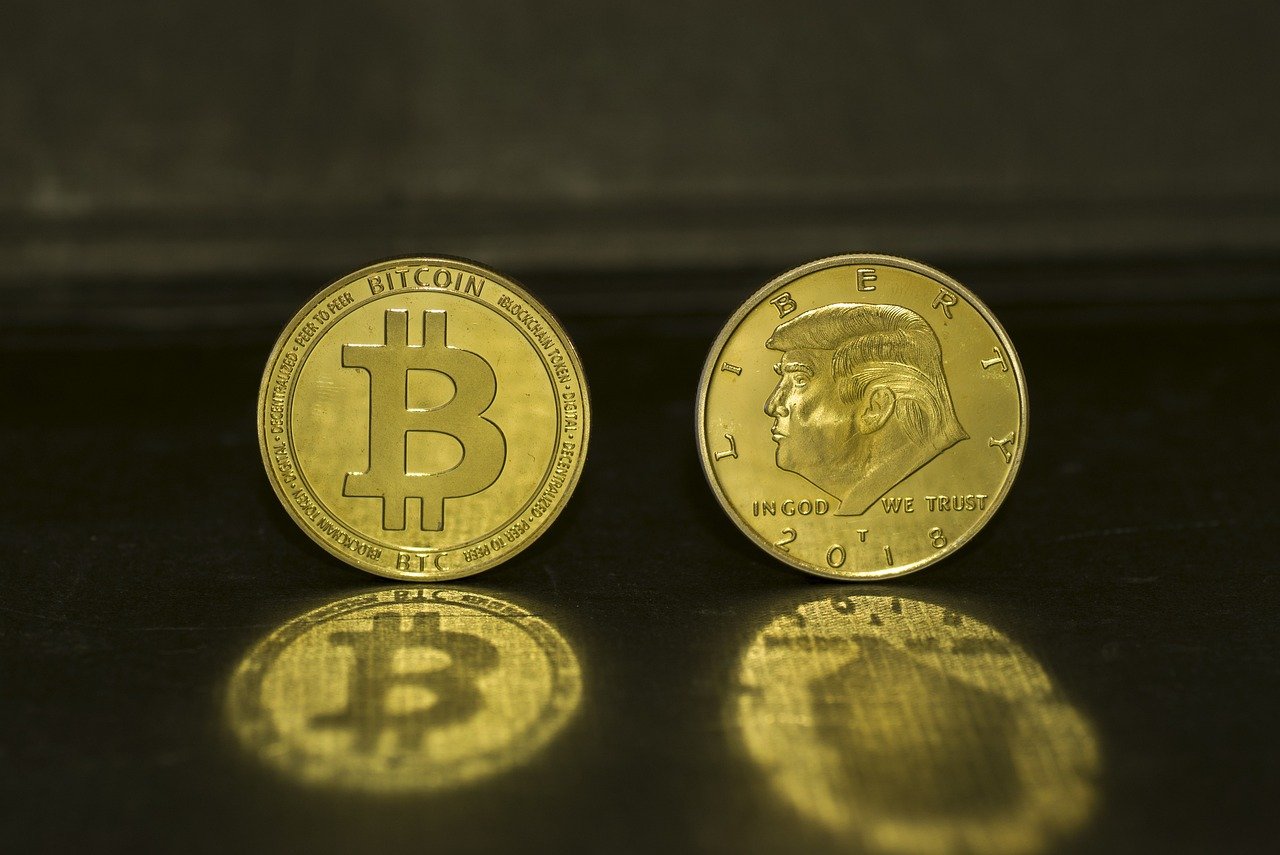
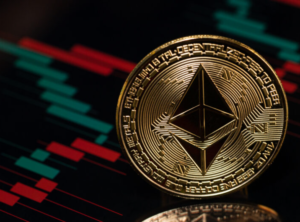
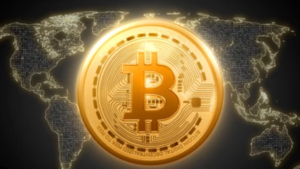

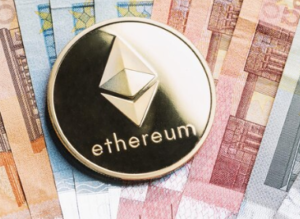


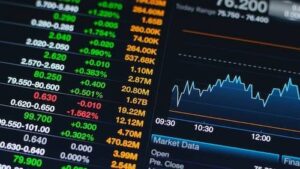



Comments are closed.